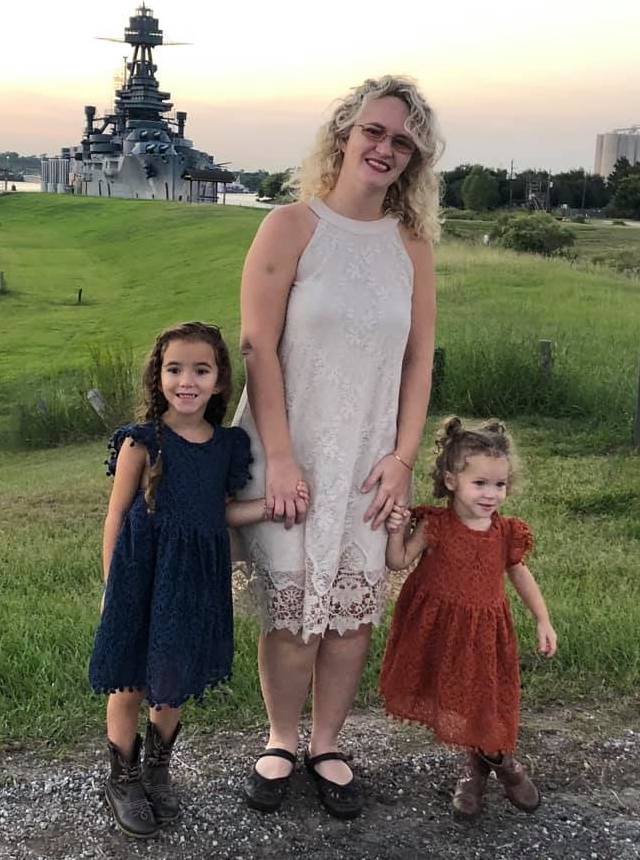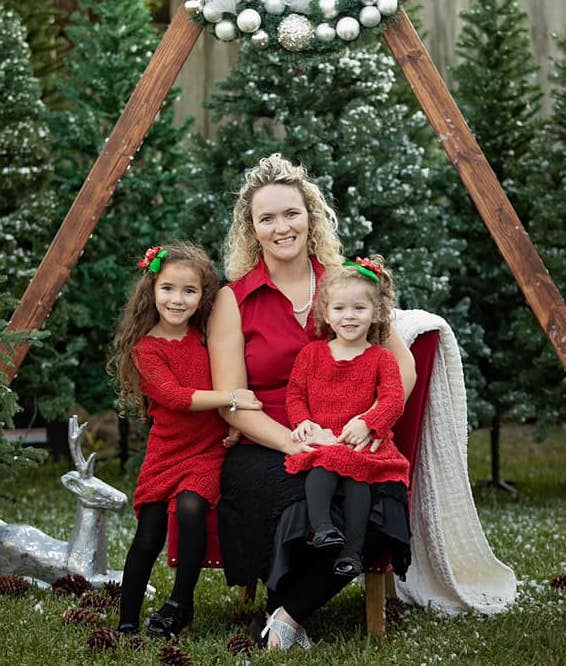Deafblind at Social Gatherings
Written by Tiffany Dawn Kohnen
January 2022
At social functions, most people have a choice: to stay on the sidelines or join in the fun. Introverted people may choose to embrace being a wallflower. However, deafblind people at hearing and sighted functions can be naturals whether they want to be a wallflower or not. How they deal with their situation varies from person to person. Most of the time, though, it is isolating for the deafblind to be at an event where people flit from one group to another with ease. I consider myself to be a wallflower the size of a sunflower. I do not know where my introversion ends and my deafblindnesss begins. I really want to interact in groups and have fun, but I have a difficult time because of my limited hearing and sight.
Strangers do not know what is wrong with me, and think I am merely a quiet person. If they learn I am deafblind, they would probably know even less about how to interact with me. Conversations usually peter out after introductions because I’m not able to keep up.
Whenever I am around many people, the noise level is loud, which makes listening to what other people say impossible. If I want to talk at a table, it has to be with someone near me. It works out okay, depending on the other person’s level of patience and interest in our discussion.

Sitting in Silence
Another aspect of my deafblind experience is not being able to watch what anyone is doing in a dimly lit setting. People-watching with my visually impaired eyes is a no-go. I cannot comment on what others are wearing or catch what they’re gesturing with their hands while they tell a joke. Someone near me has to explain what I am missing.
At extended family gatherings, people may know I don't hear well or see what is going on, but they talk over me to each other as if I truly am a flower, pretty and quiet. I’ll ask what they’re talking about, and sometimes they’ll fill me in. Otherwise, they ignore my question, whether on purpose or not. It’s annoying and sometimes hurts.
In these cases, when the people nearest me are busy talking to others and I can't hear them, I will sit there and wonder what they are talking about. Then my mind drifts to other things while I sit in silence. I think to myself, "There's no point trying again to hear what they're saying," because I've been left out of conversations so much over the years. I have lost my frame of reference to understand the inside jokes and personal topics they’re talking about.

Strike Up a Conversation
For these reasons, gatherings at meals and parties are when I experience feelings of isolation the most. If I can skip going, I'll happily do it because I don’t want to be a flower. Even though I do my best at large gatherings, sometimes it gets too overwhelming, and, if it’s an option, I seek out a quiet place to read a few paragraphs of a book on my tablet.
However, sometimes someone will join me in my private space, we end up chatting, and it becomes my favorite moment of the social function. I do my best to find these people to be with. But it’s difficult to pick out those who aren't deep in conversation with someone else or who seem open to interacting with someone new. This requires people-watching, and most of the time I don’t find them.
Being at social events is an isolating time for the deafblind, especially around the holidays. When there is a person who has a difficult time at a social function, I encourage you to reach out and strike up a genuine conversation about what they’ve been up to. Have patience and do what you can do to accommodate their disability. If you are the deafblind person, keep asking what is going on, and do what you need to in order to have fun. Holidays are a time for family and friends, so exclusion of a person should never happen.
